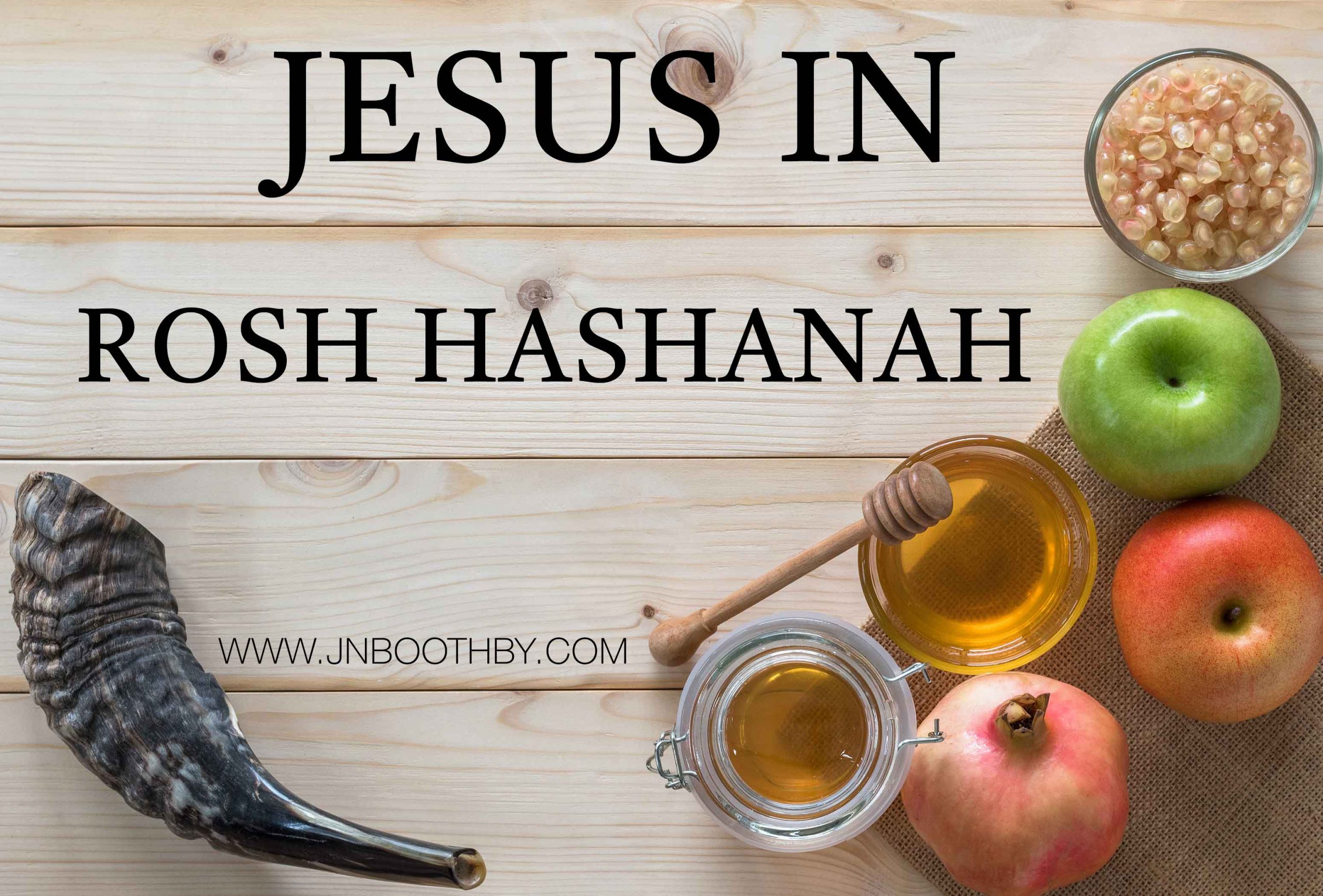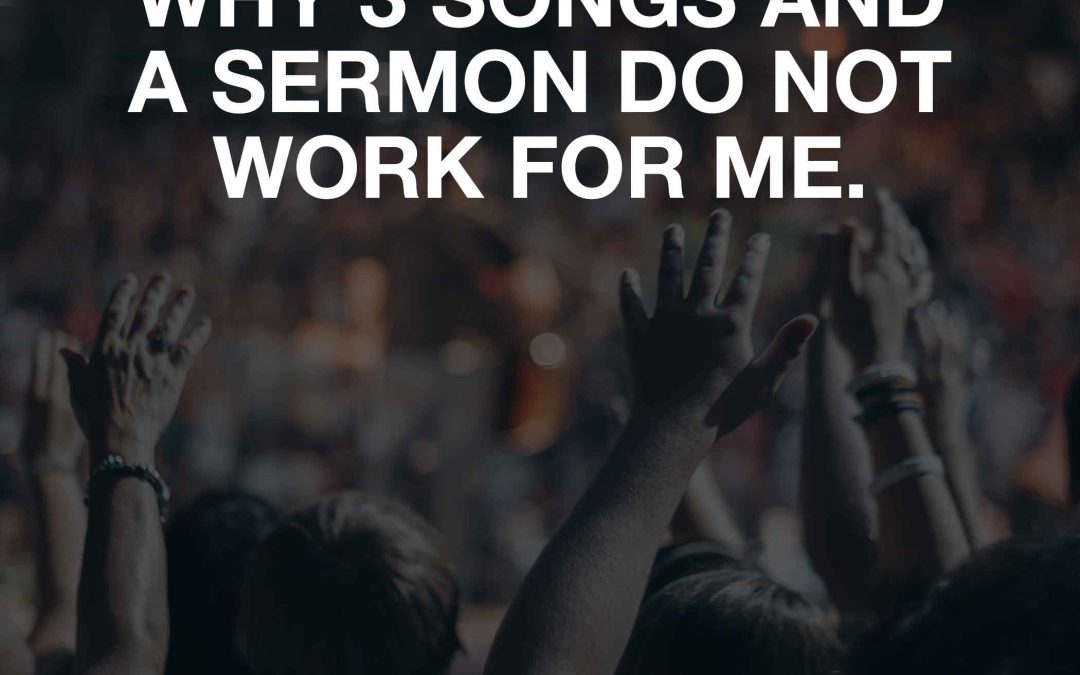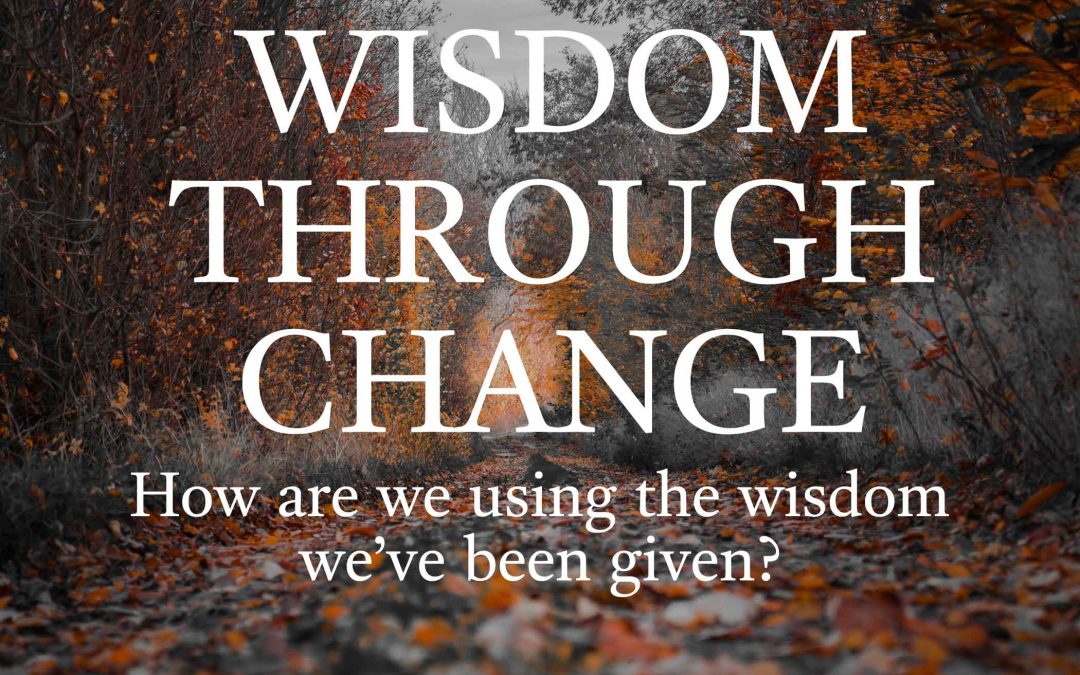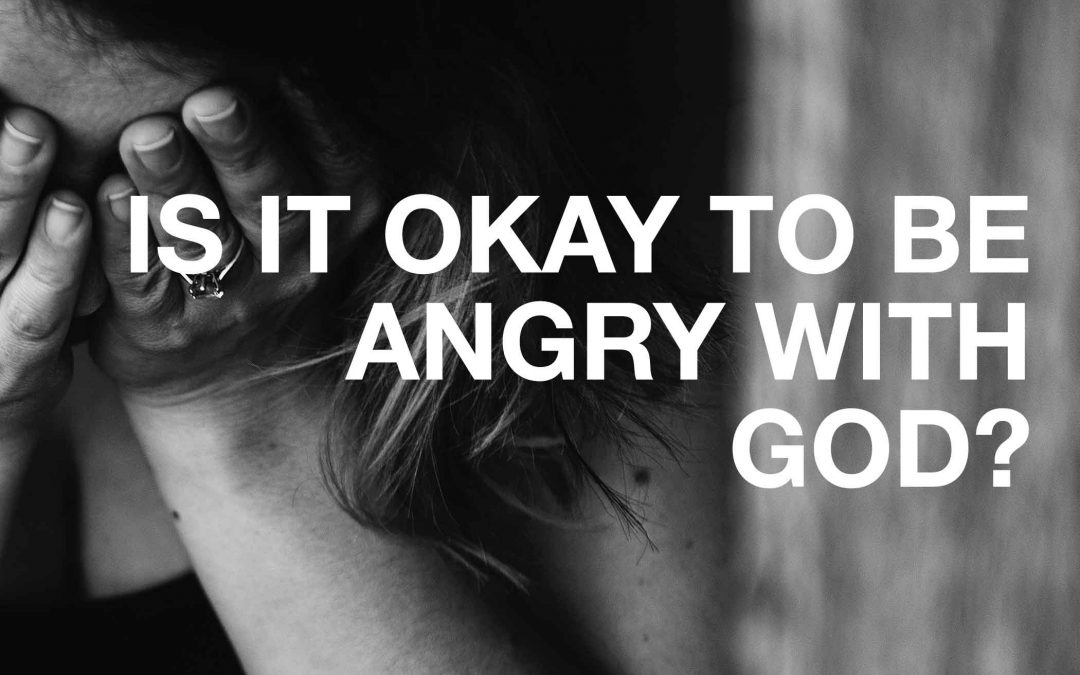Jesus In Rosh Hashanah

Jesus In Rosh Hashanah
We talk a lot about needing to get back to our “Jewish Roots” and if we believe that Jesus is our true vine (John 15), then celebrating these festivals are practical ways of connecting back to the vine. Most importantly we can see how Jesus is the fulfillment of these festivals.
If this is your first experience with the Jewish festivals, Rosh Hashanah is the first of the “Fall Festivals.” Next up is Yom Kippur and then Sukkot almost right after it. They all occur during September or October depending on the Jewish Year. For this article we’re going to start with Rosh Hashannah, it’s importance for the ancients, and how we as Christ-followers find hope in the Jewish New Year.
Rosh Hashanah
Celebration. Apples dipped in honey. Trumpets! This is what characterizes modern Israel on the first day of Tishrei, which usually occurs during September.
In the original festival, the Festival of Trumpets, Leviticus 23:23-25 says, “The Lord said to Moses, “Say to the Israelites: ‘On the first day of the seventh month you are to have a day of sabbath rest, a sacred assembly commemorated with trumpet blasts. Do no regular work, but present a food offering to the Lord.”
The most important aspect about this feast is that it’s a sabbath. In Israel today, at sunset, the shofars blast and everything shuts down. It is a true day of rest. It’s a day of offering food to the Lord and a day to turn to the Lord.
Numbers 29:1-6 goes into a little more detail concerning how the day should look and adds details about what to offer up to the Lord.
“‘On the first day of the seventh month hold a sacred assembly and do no regular work. It is a day for you to sound the trumpets. As an aroma pleasing to the Lord, offer a burnt offering of one young bull, one ram and seven male lambs a year old, all without defect. With the bull offer a grain offering of three-tenths of an ephah of the finest flour mixed with olive oil; with the ram, two-tenths; and with each of the seven lambs, one-tenth. Include one male goat as a sin offering to make atonement for you. These are in addition to the monthly and daily burnt offerings with their grain offerings and drink offerings as specified. They are food offerings presented to the Lord, a pleasing aroma.”
I always love how it says, “They are food offerings presented to the Lord, a pleasing aroma.” God loves a good BBQ as much as the rest of us!
So how can we see Jesus in Rosh Hashanah? There are three ways we can see below.
Offerings Without Blemish
The offerings must be presented without any defects. As Christ-followers, we believe that Christ was the perfect offering without defect. He was fully God but the fully human side of him was without sin. In His offering of his body on the Cross, as both God and human, He was able to come to earth and redeem mankind.
The Trumpet Call
This may be the most obvious but also most important, the Festival of Trumpets, is a day of celebration. Jesus says in Matthew 24:31 that he will return at the sound of a trumpet call. Paul reaffirms this 1 Thess. 4:16 and 1 Cor. 15:52. So while Jesus has yet to “fulfill” this aspect of the festival, I would say it’s in the “process” of being fulfilled. It’s like you just purchased that new item on Amazon, everything is paid, it’s been shipped out, and we’re just waiting for USPS not to screw up our order (I may have had some bad luck with them this year).
A Sabbath Rest
This is a Sabbath day and if we’re talking about eschatology and the end times, Revelation 21:4 promises us an eternal sabbath with God. It says there will be no more pain, suffering, or crying. We have a God and Messiah who has given us a hope for a better future and an eternal future with Him. And because of that, we should absolutely observe this day.
Jesus In Rosh Hashanah
To conclude, Jesus is in the process of fulfilling the Festival of Trumpets. One day the trumpet will sound and he will give all those who follow Him a true sabbath rest where there will be no more tears, crying, or pain. None of us can truly imagine what that day will look like but the hope of resurrection and restoration sounds spectacular!
Rosh Hashanah will be September 6-8, 2021. Make sure to blast a shofar and eat some apples with honey this year!

About The Author
Justin Boothby is a lifelong student who loves to travel, film, write, design websites, and life coach. Most importantly he loves to Pastor in all different kinds of ministry settings. He’s also an avid pizza lover, metalcore listener, and shot glass collector.
Related Articles
No Results Found
The page you requested could not be found. Try refining your search, or use the navigation above to locate the post.
Recent Articles

5 1/2 Suggestions For Your Online Church
What can your online church look like as we move into more months of quarantine? Here are my suggestions as a 31-year-old milennial.

Why 3 Songs And A Sermon Do Not Work For Me
Have you ever heard it said, “Because you know how hard it is to connect with other people on Sunday”? Why are we even doing church that way then?

Wisdom Through Change: How Are We Using The Wisdom We’ve Been Given?
There’s a lot of wisdom out there right now. How do we discern what’s godly wisdom and how do we use it to impact this world?

Is It Okay To Be Angry With God?
Have you ever wondered if it’s a sin to be angry with God? Have you ever been angry with God yourself? Let’s talk about it!
Jesus In Rosh Hashanah

Jesus In Rosh Hashanah
We talk a lot about needing to get back to our “Jewish Roots” and if we believe that Jesus is our true vine (John 15), then celebrating these festivals are practical ways of connecting back to the vine. Most importantly we can see how Jesus is the fulfillment of these festivals.
If this is your first experience with the Jewish festivals, Rosh Hashanah is the first of the “Fall Festivals.” Next up is Yom Kippur and then Sukkot almost right after it. They all occur during September or October depending on the Jewish Year. For this article we’re going to start with Rosh Hashannah, it’s importance for the ancients, and how we as Christ-followers find hope in the Jewish New Year.
Rosh Hashanah
Celebration. Apples dipped in honey. Trumpets! This is what characterizes modern Israel on the first day of Tishrei, which usually occurs during September or October.
In the original festival, the Festival of Trumpets, Leviticus 23:23-25 says, “The Lord said to Moses, “Say to the Israelites: ‘On the first day of the seventh month you are to have a day of sabbath rest, a sacred assembly commemorated with trumpet blasts. Do no regular work, but present a food offering to the Lord.”
The most important aspect about this feast is that it’s a sabbath. In Israel today, at sunset, the shofars blast and everything shuts down. It is a true day of rest. It’s a day of offering food to the Lord and a day to turn to the Lord.
Numbers 29:1-6 goes into a little more detail concerning how the day should look and adds details about what to offer up to the Lord.
“‘On the first day of the seventh month hold a sacred assembly and do no regular work. It is a day for you to sound the trumpets. As an aroma pleasing to the Lord, offer a burnt offering of one young bull, one ram and seven male lambs a year old, all without defect. With the bull offer a grain offering of three-tenths of an ephah of the finest flour mixed with olive oil; with the ram, two-tenths; and with each of the seven lambs, one-tenth. Include one male goat as a sin offering to make atonement for you. These are in addition to the monthly and daily burnt offerings with their grain offerings and drink offerings as specified. They are food offerings presented to the Lord, a pleasing aroma.”
I always love how it says, “They are food offerings presented to the Lord, a pleasing aroma.” God loves a good BBQ as much as the rest of us!
So how can we see Jesus in Rosh Hashanah? There are three ways we can see below.
Offerings Without Blemish
The offerings must be presented without any defects. As Christ-followers, we believe that Christ was the perfect offering without defect. He was fully God but the fully human side of him was without sin. In His offering of his body on the cross, as both God and Human, He was able to come to earth and redeem mankind.
The Trumpet Call
This may be the most obvious but also most important, the Festival of Trumpets, is a day of celebration. Jesus says in Matthew 24:31 that he will return at the sound of a trumpet call. Paul reaffirms this 1 Thess. 4:16 and 1 Cor. 15:52. So while Jesus has yet to “fulfill” this aspect of the festival, I would say it’s in the “process” of being fulfilled. It’s like you just purchased that new item on Amazon, everything is paid, it’s been shipped out, and we’re just waiting for USPS not to screw up our order (I may have had some bad luck with them this year).
A Sabbath Rest
This is a Sabbath day and if we’re talking about eschatology and the end times, Revelation 21:4 promises us an eternal sabbath with God. It says there will be no more pain, suffering, or crying. We have a God and Messiah who has given us a hope for a better future and an eternal future with Him. And because of that, we should absolutely observe this day.
Jesus In Rosh Hashanah
To conclude, Jesus is in the process of fulfilling the Festival of Trumpets. One day the trumpet will sound and he will give all those who follow Him a true sabbath rest where there will be no more tears, crying, or pain. None of us can truly imagine what that day will look like but the hope of resurrection and restoration sounds spectacular!
Rosh Hashanah will be Sept. 18-20, 2020. Make sure to blast a shofar and eat some apples with honey this year!
Leave A Comment
I’d love to hear your thoughts on this article! Please remember to be kind and respectful. If you didn’t like something, I always welcome constructive criticism. However, any form of hatred, bullying, or racism will not be tolerated.

About The Author
Justin Boothby is a lifelong student who loves to travel, film, write, design websites, and life coach. Most importantly he loves to Pastor in all different kinds of ministry settings. He’s also an avid pizza lover, metalcore listener, and shot glass collector.
Recent Blog Posts

5 1/2 Suggestions For Your Online Church
What can your online church look like as we move into more months of quarantine? Here are my suggestions as a 31-year-old milennial.

Why 3 Songs And A Sermon Do Not Work For Me
Have you ever heard it said, “Because you know how hard it is to connect with other people on Sunday”? Why are we even doing church that way then?

Wisdom Through Change: How Are We Using The Wisdom We’ve Been Given?
There’s a lot of wisdom out there right now. How do we discern what’s godly wisdom and how do we use it to impact this world?

Is It Okay To Be Angry With God?
Have you ever wondered if it’s a sin to be angry with God? Have you ever been angry with God yourself? Let’s talk about it!
About The Author

Justin is a lifelong student who loves to speak, travel, film, write, and coach. He has a goal of empowering others to grow closer to Jesus in practical and unique ways. After acquiring two degrees in Practical Theology and then studying in Israel for two years, Justin has a passion to help people read the Bible with a deeper appreciation in its original, ancient context.
M.A. Hebrew University of Jerusalem
M.Div. Regent University
B.S. Southeastern University
